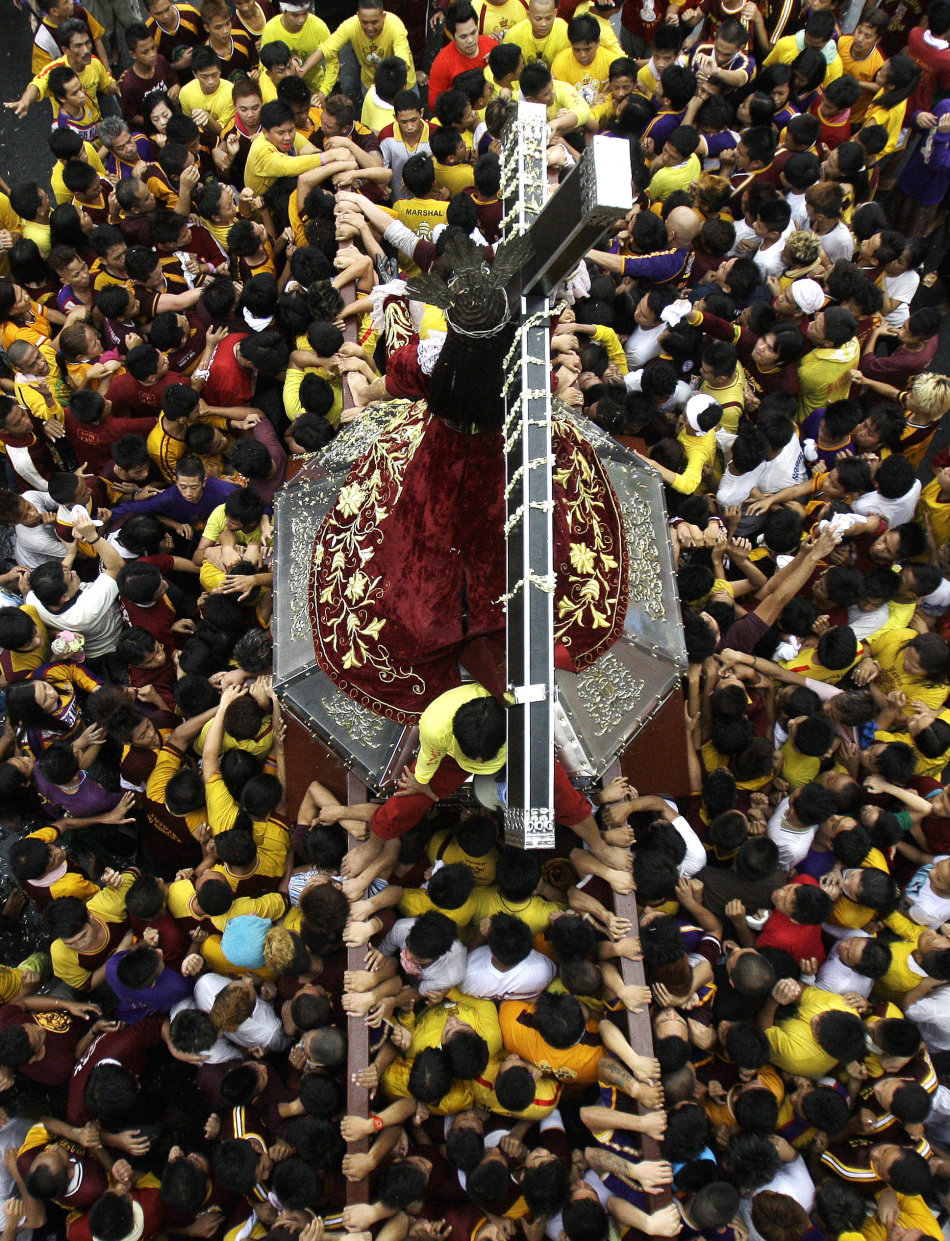After the study tour of VOA to Perez, Alabat Island, I was hanging around with an undergraduate student of economics from Kyushu University. We had some reflections about the trip and about the sociology and economy of Perez, Alabat Island.
We both agree that the discussion time was too short that it was bland, and had a bitter after taste. He thinks we should have not just concluded with the two ways to define poverty but how to solve it.
"Trade deficit" is what economists pertain to the situation wherein the economy of a geographical location cannot stand on its own. In the case of Perez, there is trade deficit, since people buy goods from neighboring towns a boat ride away from the island. They couldn't even produce what they need on their own locality, and that they exchange what they need for higher prices from another place.
Yet, there are so many resources in Perez that people in there could use. Salt can be taken from the sea while vinegar could be made out of coconut water and even rice washings. (I recently reasearched about it and found this. The next time, I go there, I want to show / teach them how to.) People hasn't learned this and hasn't discovered it too, or probably gave up making little industries because they have succumbed to coco farming, rice farming and fishing which are the 3 most common livelihood opportunity at the island.
The economist told me his realization that education at Perez is patterned over what people would need to be enrolled in colleges or universities. However, most of them could not even finish high school and step into college, thus this knowledge becomes abstract and useless Learning about chemistry, biology, physics and algebra is important but what's more important is to learn how to survive. The economist thinks education at Perez and Alabat Island should concentrate more on science and mathematics of surviving life at the island. What's practical has been neglected and taken for granted over what's abstract. I couldn't agree more.
What's more is that, people like to eat meat and use "magic sarap" at every cooked food they prepare, which is beyond necessary. If people would plant vegetables in their backyards, they could have enough food to eat, and better yet vegetables to share and sell at the local market. However, people has concentrated on coco-farming, copra-making and act as 8-hour laborers just like people in the city. There could have been better life for them if they lived freely, scientifically and critically by cultivating land and growing produce they eat rather than export / trade.
In the end, we had this vision of a community wherein people at the island have vegetables and fruits at their backyards, where people share or sell their salt and vinegar to neighbors and where people only use money for education and medication rather than "magic sarap".
All photographs by ACCESS intern, Aya Takahashi.
"Students are needed on the field,
they are the ones who have the knowledge that needs to be applied." - Kuya Tito
We both agree that the discussion time was too short that it was bland, and had a bitter after taste. He thinks we should have not just concluded with the two ways to define poverty but how to solve it.
Sari-sari store at Perez town proper, selling goods each family needs.
"Trade deficit" is what economists pertain to the situation wherein the economy of a geographical location cannot stand on its own. In the case of Perez, there is trade deficit, since people buy goods from neighboring towns a boat ride away from the island. They couldn't even produce what they need on their own locality, and that they exchange what they need for higher prices from another place.
Perez and its wealth: natural and human resources.
Yet, there are so many resources in Perez that people in there could use. Salt can be taken from the sea while vinegar could be made out of coconut water and even rice washings. (I recently reasearched about it and found this. The next time, I go there, I want to show / teach them how to.) People hasn't learned this and hasn't discovered it too, or probably gave up making little industries because they have succumbed to coco farming, rice farming and fishing which are the 3 most common livelihood opportunity at the island.
The economist told me his realization that education at Perez is patterned over what people would need to be enrolled in colleges or universities. However, most of them could not even finish high school and step into college, thus this knowledge becomes abstract and useless Learning about chemistry, biology, physics and algebra is important but what's more important is to learn how to survive. The economist thinks education at Perez and Alabat Island should concentrate more on science and mathematics of surviving life at the island. What's practical has been neglected and taken for granted over what's abstract. I couldn't agree more.
We need to help each child become a scientist for the people.
What's more is that, people like to eat meat and use "magic sarap" at every cooked food they prepare, which is beyond necessary. If people would plant vegetables in their backyards, they could have enough food to eat, and better yet vegetables to share and sell at the local market. However, people has concentrated on coco-farming, copra-making and act as 8-hour laborers just like people in the city. There could have been better life for them if they lived freely, scientifically and critically by cultivating land and growing produce they eat rather than export / trade.
Here's a memory of our interview with a coco-farming family.
Their dream is to rebuild their house, and make it stronger but poverty hinders them.
In the end, we had this vision of a community wherein people at the island have vegetables and fruits at their backyards, where people share or sell their salt and vinegar to neighbors and where people only use money for education and medication rather than "magic sarap".
Thank you for all the learning at Perez. Truly, everyone could be a teacher.




















































